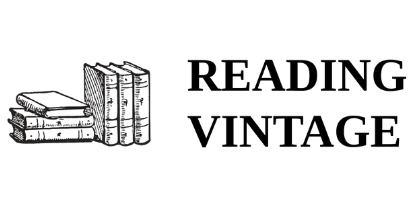-
Shop Classic Fiction Books
-
Shop Cookbooks
- Shop Vintage Book Bundles
-
Browse More Books
- Shop Poetry Books
- Shop Children's Books
- Shop Mystery Books
- Shop Bookends
-
Bookish Digital Downloads
- Shop The Easton Press Leather Bound Collection
-
Shop History Books
-
Shop Nature Books
- Shop Art Books
-
Shop How-To Books
-
Shop Sports Books
-
Shop Ephemera
- Shop Medical Books
- Beatrix Potter Figurines
- Shop Railroad Books
- Shop Classic Fiction Books
- Shop Cookbooks
- Shop Vintage Book Bundles
-
Browse More Books
- Shop Poetry Books
- Shop Children's Books
- Shop Mystery Books
- Shop Bookends
- Bookish Digital Downloads
- Shop The Easton Press Leather Bound Collection
- Shop History Books
- Shop Nature Books
- Shop Art Books
- Shop How-To Books
- Shop Sports Books
- Shop Ephemera
- Shop Medical Books
- Beatrix Potter Figurines
- Shop Railroad Books


